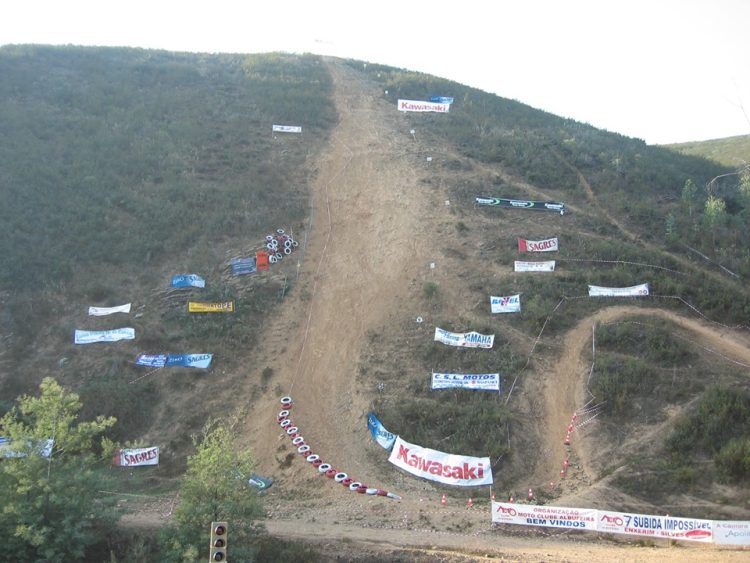‘E’ is the most commonly used letter in the alphabet. That’s why it’s so hard to believe that a whole novel exists without a single use of the letter ‘e’.
The book in question was originally written in French in 1969, by author Georges Perec. La Disparition (The Disappearance) is a 300-page lipogrammatic novel – a kind of book that consists of constrained writing or a word game.
There is absolutely no mention of ‘e’ throughout all 300 pages, except the author’s name of course. Even the most common word of the French language, ‘le’ (which means the), makes no appearance at all. La Disparition was later translated into English by Gilbert Adair, with the title A Void.
In the 1960s, Georges was a member of OuLiPo, a group of experimental writers devoted to puzzles and wordplay. He would brag that he could write an entire novel without the letter ‘e’. Soon, his friends challenged him and that’s how the book came to be.
The postscript of A Void contains a detailed account of Georges’ experience writing the book. He says that he found the constraint amusing. His imagination was wandering “down so many intriguing linguistic highways and byways,” he couldn’t stop thinking about it. The self-imposed limitation had strangely liberated his creativity.
Georges says that he was careful not to let the word puzzle overpower the story. The book itself is an elaborate metafictional word puzzle, and a parody of noir and horror fiction. Georges employs several stylistic tricks, gags, plot twists, and finally, a grim conclusion.
The plot of ‘A Void’ follows a group of people looking for their missing companion, Anton Vowl. Vowl is a middle-aged scholar who shares the author’s liking for wordplay. Slowly, with the help of the clues left behind by Vowl, his friends figure out which symbol is missing, but aren’t comfortable discussing it. Anyone who risks talking about it could be fatally injured.
Georges keeps the book alive with antic humor. And there’s something for the reader as well – to find a solution to the logogriph, the world puzzle. The book is littered with hints such as the absence of chapter five. If you love solving puzzles and linguistic gymnastics, this is one book you cannot miss.
Georges Perec
A Void isn’t the first book of its kind. In fact, it was inspired by Gadsby, written by Ernest Vincent Wright in 1939. The story has over 50,000 words without the use of ‘e’.
One of the earliest known lipograms, written between the 2nd and 4th centuries, was Greek poet Tryphiodorus’ Odyssey. His adaptation has no ‘alpha’ in the first book, no ‘beta’ in the second book and so on.
These are some very highly talented writers we’re talking about here. I couldn’t even imagine writing a piece for OC without using the letter ‘e’. A whole book? Forget about it!









